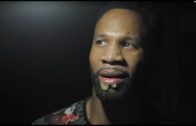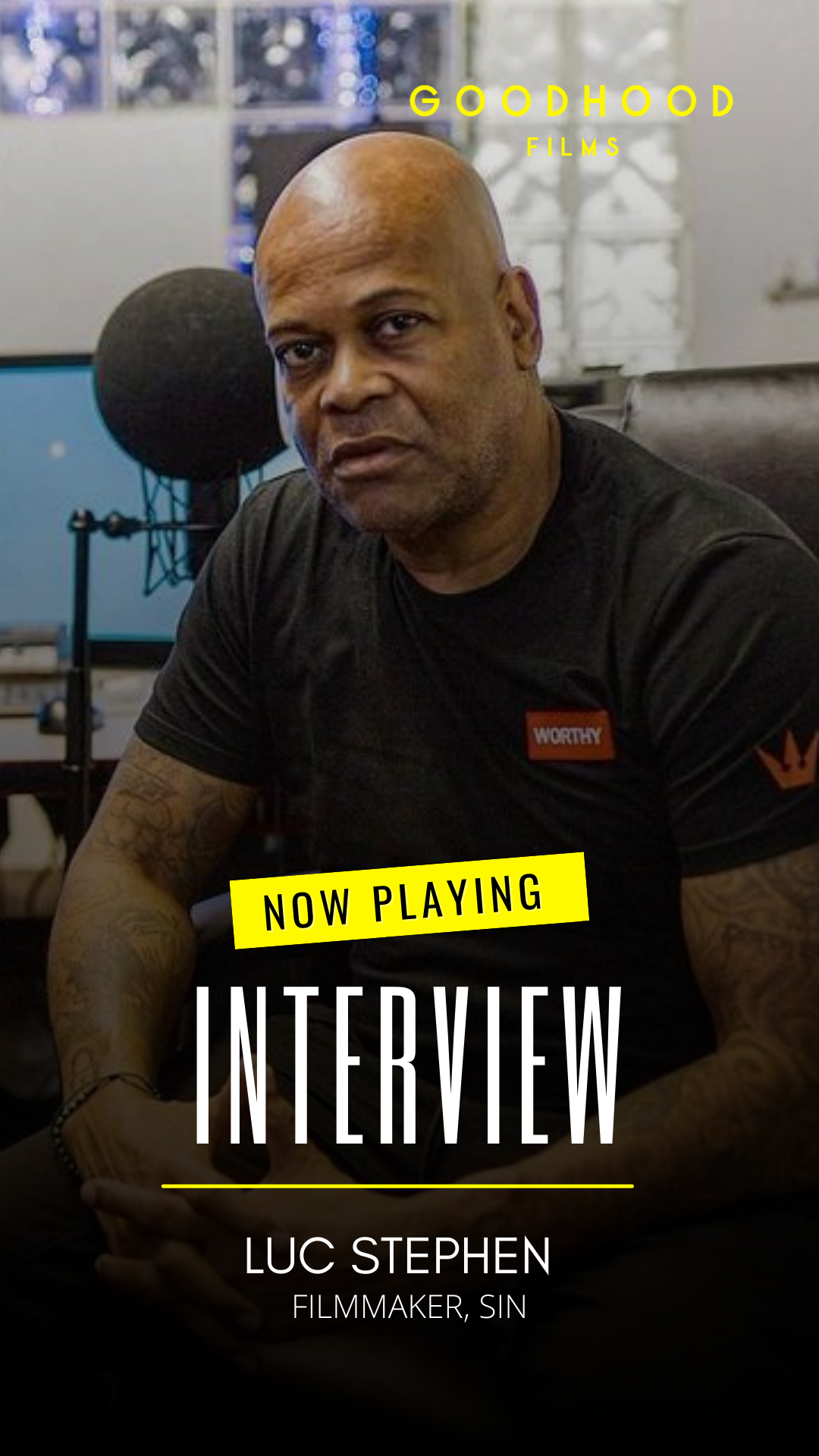We need Afrofuturism; not as a box to put people in, but as a lens with which to change the way we see the future. It’s a future where black people are not only included, but are in control of their own destinies.
Subscribe to the DUST Newsletter: https://bit.ly/signal_newsletter
#DUST #scifi #shortfilm
More About Afrofuturism:
Afrofuturism is not a sub-genre. For some, like Sun Ra, Afrofuturism (though the term was not coined until after Sun Ra passed away) is a form of escapism; a reprieve from violent systems of segregation and white supremacy. For others, Afrofuturism is a celebration of black innovation; filmmaker and author Ytasha Womack describes Afrofuturism as, “The intersection between black culture, technology, liberation, and the imagination, with some mysticism thrown in, too.” For some it is highly spiritual. Above all else, it is an ambitious vision of the future and mankind’s place in it that is continually informed by black culture and history.
What kind of message is sent when mass audiences are presented with visions of the future that do not include people of color? Since Hollywood has historically excluded black characters from leading roles in science fiction films, black people have had to envision and ultimately create space for themselves above and beyond the Earth’s atmosphere. In DUST’s original series, we celebrate a handful of those people, and encourage you to dive deeper into the Afrofuture.
We present to you the stories of:
– Sun Ra: Considered the forefather of Afrofuturism.
– Uhura: One of the lieutenants on Star Trek’s Starship Enterprise. Portrayed by Nichelle Nichols in the original series, she counted Martin Luther King as one of her biggest fans.
– George Clinton: Whose brand of funk was filled with cosmic imagery.
– Jimi Hendrix: Who often imagined himself as an alien.
– Missy Elliott: Who popularized the pairing of science-fiction and hip-hop.
(If Applicable): Credits + Any other blurbs such as directors statment, time stamp list etc





